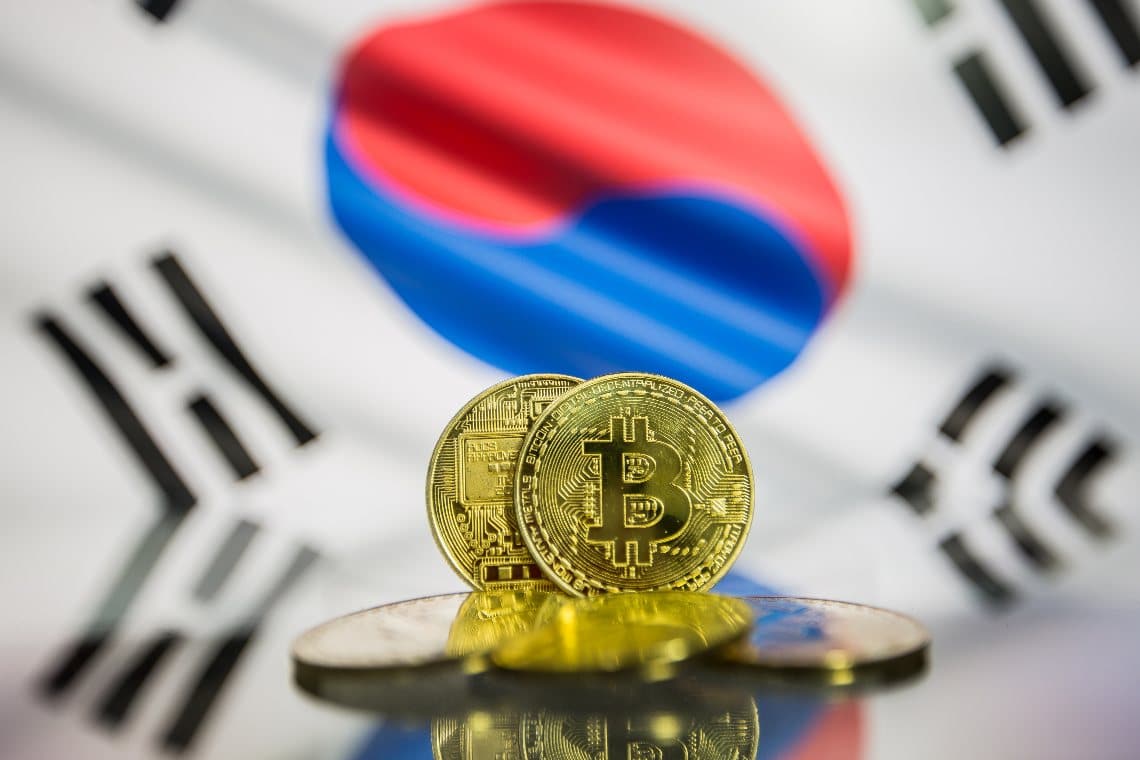
This year, the South Korean presidential election threw digital assets into the mix. In March, President-elect Yoon targeted young voters by minting NFTs on the AERGO blockchain, each priced at 50.000 Korean won.
Since Yoon's election victory, the South Korean government has been revisiting other areas of the digital assets space to drive innovation.
The South Korean government plans to lift the 2017 ICO ban
This week, South Korea's presidential transition committee introduced a new framework for cryptocurrencies. To support innovation and growth in the digital asset space, the Digital Asset Framework Act seeks to drive investor confidence and growth.
According to the report, the government plans to introduce two categories, safety and non-safety ICOs.
In November 2021, FX Empire reported a possible lifting of South Korea's ban on ICOs that has been in place since 2017.
According to the report, Do Gyu-sang, vice president of South Korea's Financial Services Commission (FSC) argued that:
"ICOs need review based on applicable financial reporting requirements."
Do reported that he added:
“We cannot delay ICOs any further. (ICO) must be included in the capital market law. To do this, we need to review some provisions and look at the relationship with the enactment or special law (Virtual Industrial Rights Act). "
The news coincides with South Korea planning to implement a 20% tax on cryptocurrency capital gains in excess of 2,5 million won.
In September 2017, South Korea introduced an outright ban on Initial Coin Offerings (ICOs). At the time, the ban was great news. Initial coin offerings were the primary avenue for cryptocurrency startups to raise funds.
In the golden days of the ICO market, cybercriminals ruined an effective way for legitimate startups to raise capital.
ICOs were attractive to startups as they removed the involvement of intermediaries. Investors could buy native coins at a discount.
For the South Korean government and also for the Chinese government, which introduced a ban before South Korea, the rise in scams was of greater concern.
With Yoon taking office on Tuesday 10 May, there has also been talk about the cryptocurrency capital gains tax.
South Korea plans to delay introducing the punitive cryptocurrency tax
In November, Reuters reported a one-year delay in South Korea's cryptocurrency tax until January 2023. The National Assembly reported that it had passed a bill to delay the tax on capital gains from trading. one-year cryptocurrencies.
There is also news that the South Korean government is planning to further delay the cryptocurrency tax.
A reopening of the ICO market and the removal of a 20% tax on crypto capital gains would put South Korea in the mix to become a hub for digital assets and innovation. Other jurisdictions have taken more restrictive measures that may need to be reviewed.
Among the most successful ICOs, for the highest return oninvestment (ROI), there are Cardano (ADA), EOS (EOS), Ethereum (ETH), and NEO (NEO). The ICO price for ETH was only $ 0,311 compared to the current price of $ 2.669.
